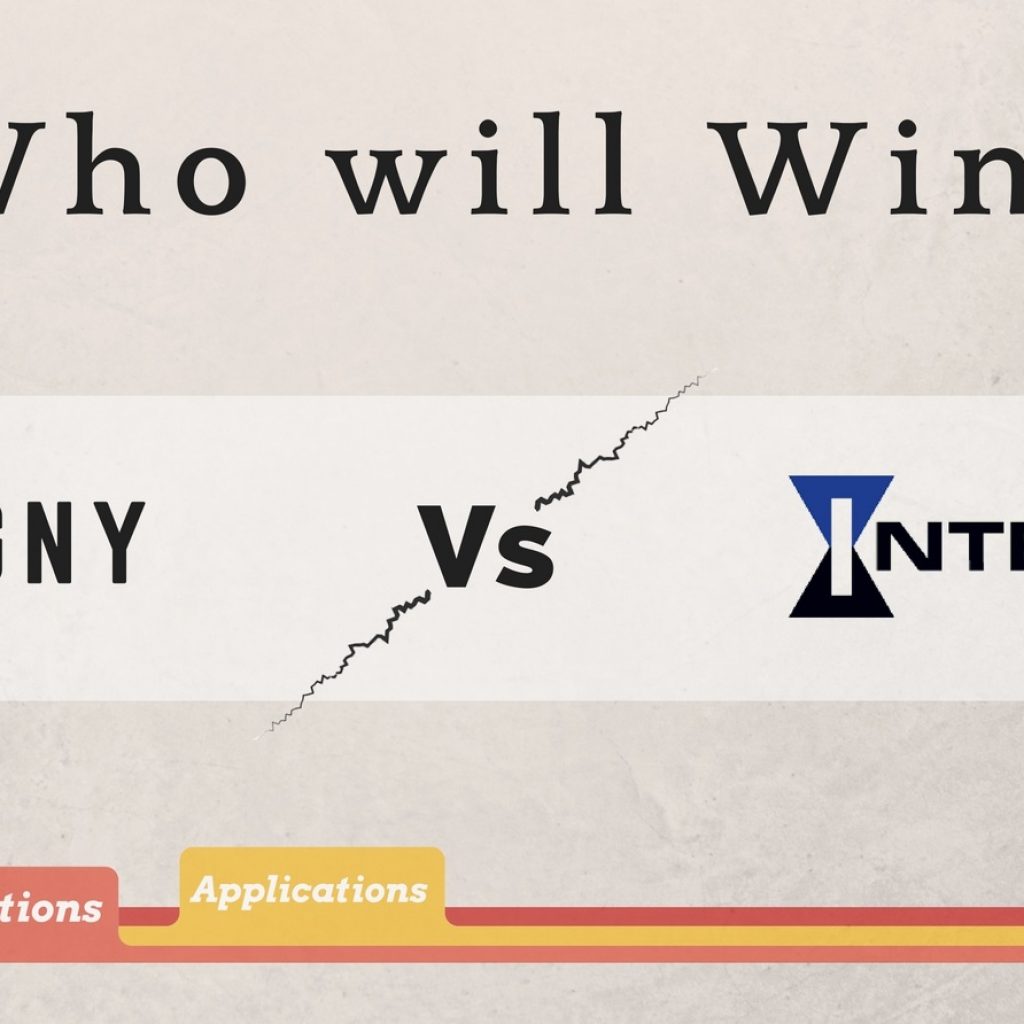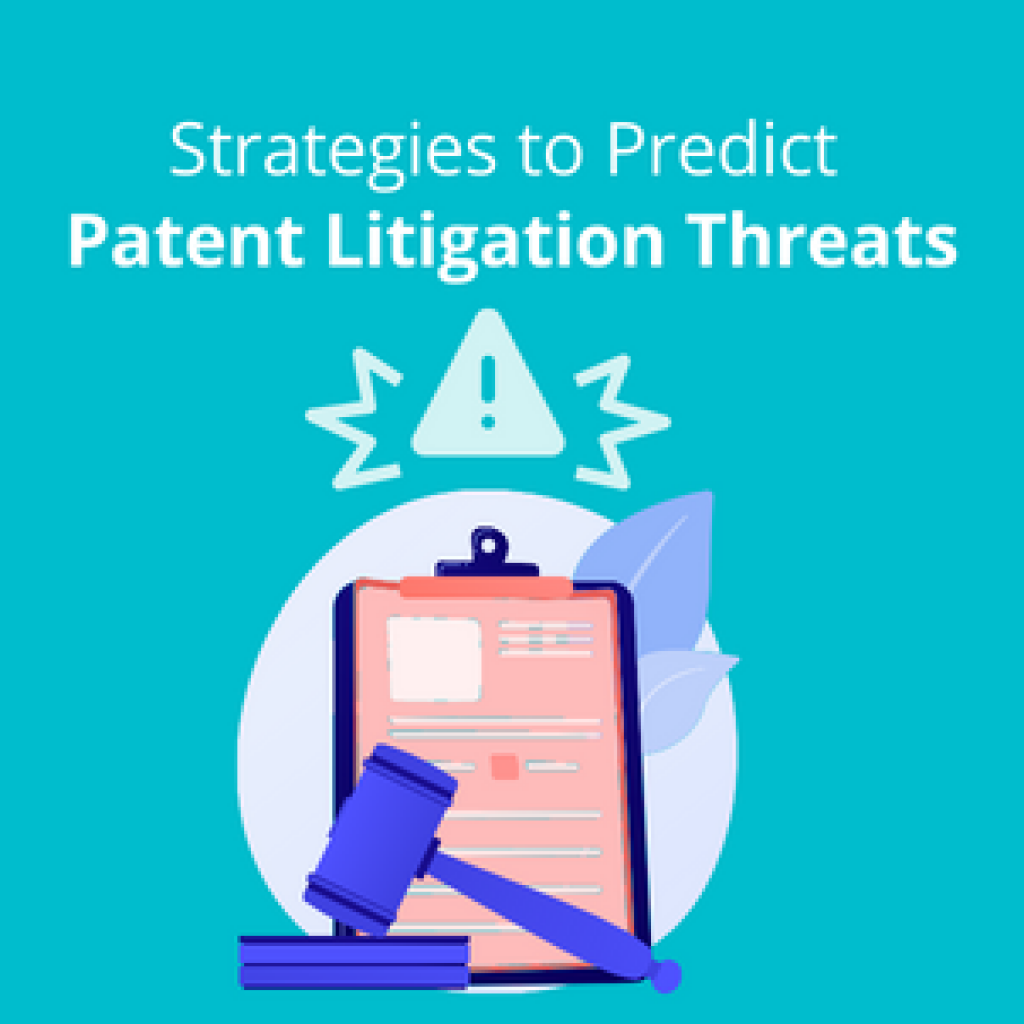Whether a corporate or a law firm, it relies somewhat or more on different search vendors for IP related searches. Generally, they have to be choosy and pick one or two good search vendors (out of the bunch) who could help them with the required searches. But, this is a case only with the most common or frequently occurring searches (which search vendors receive more often) like Invalidation Searches, FTO Searches, and Landscape Searches, etc.
When it comes to searches like secondary considerations, office actions, and trade secrets which are comparatively less frequent, finding even one search vendor becomes a pain in the neck. This might be because search vendors receive such search requests very rarely so they don’t want to invest their effort in performing these or they are not so well equipped.
Over a decade working with the Law Firms and IP heads of different companies we have realized their constant sighs to look for a search vendor who could provide them these searches.
In the article below we are going to shed some light on why these services are important and what importance these lay to the clients.
Let’s get rolling’
Secondary Considerations for Nonobviousness
As we know that a large number of the patents rejections in IPRs are 103-type of rejections i.e. obviousness. Now, this is a big issue because obviousness could be very difficult to fight for the Plaintiffs. The only arrow in Plaintiff’s quiver in such a case is ‘Secondary Consideration’.
Secondary consideration could provide useful evidence to tackle the legal arguments of obviousness. A plaintiff can leverage this strategy to prove that at the time patent application was filed or a corresponding product was launched, there was already a lot of marketing uproar about the invention. The whole idea here is to prove that if the market has considered the invention to be unique and game-changing, it was non-obvious.
Although this type of information is not easily accessible, this could help the plaintiff in forming solid arguments in favor of his case. Thus Secondary Considerations are very useful in the process of inference to non – obviousness and it provides a good chance of winning or better to say overcome the argument given by the defendant.
Now, a search to dig out such crucial information need to be performed by an expert in the domain as this could make or break the case. Technically inexperienced researchers may allow hindsight which could further affect the result of the case. Such a search will not only tone down the plaintiff’s work but could also serve as a lethal weapon in his hands to overturn the case in his favor.
Doing such searches and constant interactions with our clients we have derived some pointers (as mentioned below) that will be helpful in identifying supporting pieces of evidence to form solid arguments related to non-obviousness:
- Commercial Success
- Copying
- Long-Felt Need, Prior Failure, and Unexpected Results
- Teaching Away by Others
- Industry Praise
Similar is the case with Office Action Search.
Office Action Search
It cites prior art and highlights the reason behind the patent claims to be allowed or rejected by the examiner. Office actions could be “final” or non-final” and applicants are entitled to respond for reconsideration or further examination (with or without making an amendment).
Now, more often than not these rejections are 103 types of rejections where there’s an inherent risk of rejections on the obviousness grounds by an examiner. In such a scenario the prosecutor has to present arguments and pieces of evidence (prior art references countering the arguments made by the examiner) to prove non-obviousness of the patent application which is in question.
Attorneys invest a lot of time in research which leads to prolonged responses further increasing the expenses as more time and effort is required to draft or modify such responses. It is for this reason a better strategy is required to present the best arguments possible to overcome these rejections given by an examiner. Here, a search by a search provider experienced in the domain to extract out the references that could help the client win the argument could be really handy.
Assisting a lot of prosecutors with such searches we have realized that it is not only the references extracted that helps the client in building strong arguments against the rejection, logic (of the researchers) behind shortlist those references lays equal importance. This could help the client in building a strong foundation in favor of his arguments to overcome the rejection.
To understand this better lets for an instance consider a case where you have filed an application that is talking about the process of forming a drug. The process talks about a specific temperature range say 70 – 80 degrees per Celsius for a specific step.
The examiner looks at your claims and cites a document that tells about the whole process but does not gives a temperature range. He then tells that generally in such catalysis or process 70-80 degree Celsius is an obvious temperature range and he gives a 103 type of rejection. In order to respond to that rejection, you will have to provide the examiner with references that are teaching away from this hypothesis.
Here, a search conducted by experts in the domain could come to their rescue. We can help the client to overcome this rejection by finding documents which could be used to counter the arguments made by the examiner. Our logic behind shortlisting these references could also be very handy to them as this will provide them a third eye analysis from the experts in the domain. Therefore, such a search could help a prosecutor in hitting the nail right on the head when it comes to filing an office action response.
Now, another such search which attorney’s quest but most search providers neglect is:
Trade Secret Search
When it comes to trade secrets, it circumscribes industrial and commercial techniques, methods, patterns, programs or secrets. Such information is very precious to every company and revealing it to someone it is not supposed to be revealed could have some very serious implications. Letting such an information slip under the nose is unlawful and could land one (who is unauthorized to do so) in great troubles.
Trade secrets are the backbone of a company’s business strategy and provide the company with a strategic advantage over the competition. And, in cases where there is a trade secret theft or misappropriation and defendant believes that trade secret already exists in the prior art (i.e. not stolen) as a whole or in parts, an extensive search becomes very crucial. Such a search to prove that a trade secret is already existent in the prior art could overturn the case in the defendant’s favor.
But, when it comes to a search related to trade secrets, it is equally exclusive as the trade secret. This is because of the protective order surrounding the case, the exact features of the trade secret could not be disclosed and you still have to come up with the potential leads. The search needs to be carried out very iteratively to reach a final relevant set of references which is satisfactory to the client.
To know how this type of search is carried out, we have an in-depth article in the form of a case study where we helped a client in a trade secret search. You can visit the following link to explore more of this search: How We Found Prior Art For A Trade Secret Infringement Case Under ITC 337?
Conclusion:
Going through the course of the article you must have realized the importance of these searches for companies, patent filers, litigators and prosecutors. Therefore, search providers need to understand an attorney’s quest and help them not only with the search but assist them with the entirety of the case. This will not only help them in winning more searches but also the trust of their clients.










